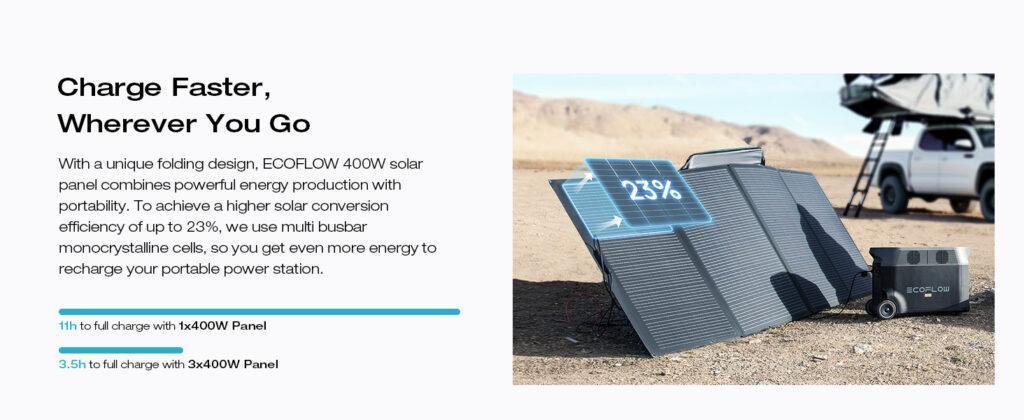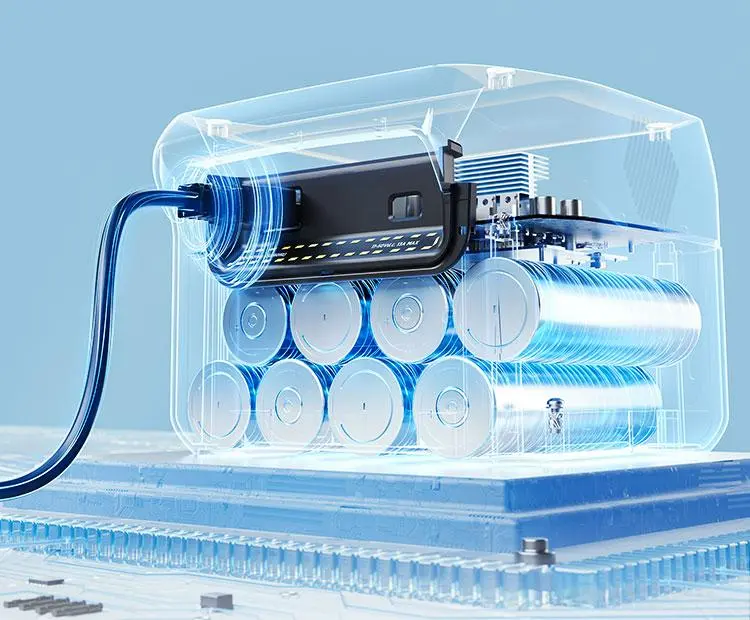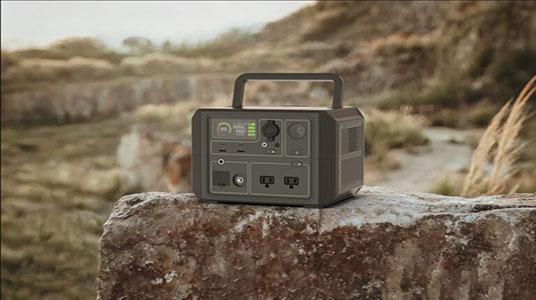Storage Temperature and Humidity

One of the most important factors affecting the lifespan of a portable power station is storage temperature and humidity. Batteries are sensitive to both temperature and humidity, and exposure to high temperatures and humidity can shorten their lifespan. Ideally, you should store your portable power station in a dry, cool place. Avoid storing it in direct sunlight or in an area where the temperature is above 25°C (77°F). You should also avoid storing it in a humid environment, as high humidity can cause corrosion and other damage to the battery.
Charge and Discharge Cycles
The lifespan of a battery is also affected by the number of charge and discharge cycles it goes through. A charge cycle is charging a battery from 0% to 100%, while a discharge cycle is discharging it from 100% to 0%. The more charge and discharge cycles a battery goes through, the shorter its lifespan will be.
To prolong the lifespan of your portable power station, you should limit the number of charge and discharge cycles it goes through. Avoid fully discharging your battery whenever possible, and try to keep it charged between 20% and 80%. If you know you won’t be using your portable power station for an extended period, it’s best to store it with a charge of around 50%.
Charge and Discharge Speed

The speed at which you charge and discharge your portable power station can also affect its lifespan. Rapid charging and discharging can generate heat, which can damage the battery and shorten its lifespan. To avoid this, you should charge and discharge your battery slowly. It’s also important to use the charger that comes with your portable power station, as using an incompatible charger can damage the battery and shorten its lifespan.
Battery Type

Different types of batteries have different lifespans. Lithium-ion batteries, which are commonly used in portable power stations, have a longer lifespan than lead-acid batteries. However, they are also more sensitive to high temperatures, and exposure to high temperatures can shorten their lifespan. Lead-acid batteries, on the other hand, are more durable and can withstand higher temperatures, but they have a shorter lifespan than lithium-ion batteries.
Maintenance and Upkeep
Proper use and maintenance of your portable power station can also help to extend its lifespan. Avoid dropping or jarring your portable power station, as this can damage the battery and reduce its capacity. Keep the battery clean and free of debris, as this can reduce the efficiency of the battery. Regularly charge the battery, even if you’re not using it, to prevent it from losing its charge. If you’re storing your portable power station for an extended period of time, make sure to charge it fully before storing it.
To prolong its life, care for your portable power station: Store it in a cool, dry spot, limit cycles, charge evenly, and use the right battery.

